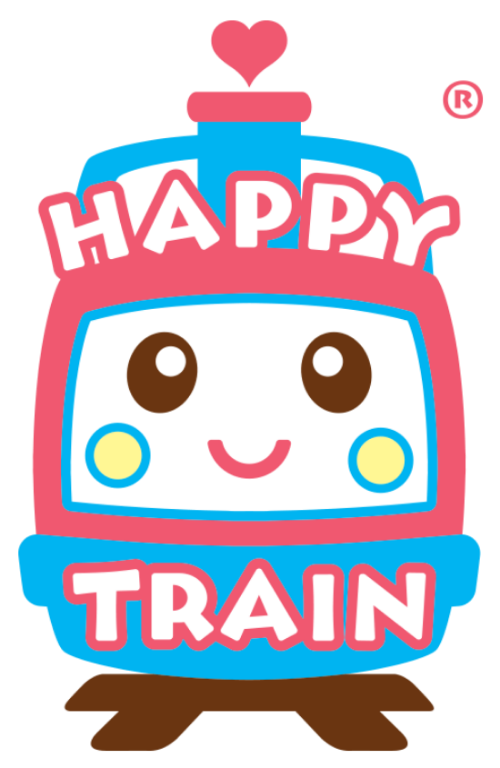Reasons to enroll your child into early childhood education
Is early childhood education essential? (Check out our article on the importance of early childhood development). This is a crucial question, often at the intersection of diverse parenting philosophies. While some parents advocate for it, others remain skeptical. But early childhood education transcends mere convenience for busy parents; it’s more than just additional free time. Daycare and preschool offer substantial benefits that impact a child's long-term development, especially when focusing on right-brain training education.
Choosing to send your child to early childhood schools like Happy Train isn't a decision to be taken lightly. It warrants thorough research, careful consideration, and a clear understanding of your child's unique needs.
To shed light on this vital aspect of childhood development, here are 10 compelling reasons that demonstrate why enrolling your child in an early childhood education program, especially one emphasizing right-brain training education, is not only a wise choice but could be integral to their overall growth and success:
Offers A Special Learning Environment Designed to Foster the Right Brain:
Early childhood education programmes provide a setting that is different from home and supports the right brain's particular development. Teachers at schools like Happy Train place a strong emphasis on creative and holistic thinking exercises. These are traits associated with right-brain functioning.
2. Encourages Novel Experiences that Promote Right-Brain Development:
Early childhood education exposes kids to fresh experiences that support the right brain's love of imagination and creativity. Children can think broadly at occasions like Career Day or Family Day by visualising different vocations or comprehending complex family dynamics.
3. Maintains a Routine with a Balanced Approach to Cognitive Development:
Creating a routine at home that combines right-brain creativity with left-brain reasoning might be difficult. Early childhood programmes provide a structured environment to support both facets of brain development, emphasising organisation and discipline.
4. Promotes Social Skills with a Right-Brain Touch:
Understanding nuanced human emotions and responses is a key component of social interaction, which is closely related to the right brain. Early childhood education programmes provide a platform for kids to learn these critical empathy and social skills.
5. Encourages Sharing Through Emotional Intelligence:
The act of sharing requires comprehension and empathy, two powerful qualities supported by the growth of the right brain. Through focused activities, kids are taught the value of sharing and making emotional connections with others.
Through creative engagement, one can foster a love of learning in young children. The emphasis on creativity and playfulness in right-brain schooling is essential for making learning enjoyable. This passion of learning is fostered in young children through access to creative pursuits, musical experiences, and imaginative play.
6. Ensures a Balanced Brain Development in Preparation for Primary School:
Both left and right brain abilities are necessary for a smooth transition into Primary School. Early childhood programmes encourage comfort and enthusiasm for learning while assisting youngsters in making the transition to a formal learning environment.
7. By Increasing Cultural Sensitivity, Behaviour is Improved
An understanding of many worldviews, a quality associated with right-brain thinking, is fostered by exposure to various cultures. This knowledge is encouraged in early childhood education, which encourages courteous behaviour.
8. Discipline is instilled through structured creativity:
Discipline is not always taught in a formal manner. Early childhood programmes lay the groundwork for lifelong character development by teaching compliance through stimulating right-brain exercises.
9. Increases Self-Confidence by Empowering the Right Brain:
Self-confidence demands emotional intelligence and autonomous thought, both of which are attributes that right-brain schooling fosters. Early childhood programmes encourage autonomous contact, which promotes self-esteem and confidence.
10. Improves Motor abilities by Engaging the Right Brain:
The right brain is essential for the growth of motor abilities. Early childhood education environments are designed to promote the development of eye-hand coordination and fine motor skills, which are essential for general development. These activities could include puzzles, building blocks, or active play.
Conclusion
Adopting early childhood education supports right-brain training education in addition to traditional developmental regions. Early childhood programmes help kids become ready for a happy and fulfilling life by nurturing their creativity, emotional intelligence, or inventive thinking. Making a strategic investment in such schooling is important for a child's overall development.
